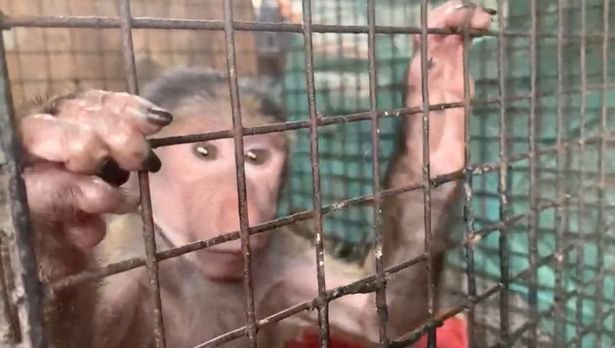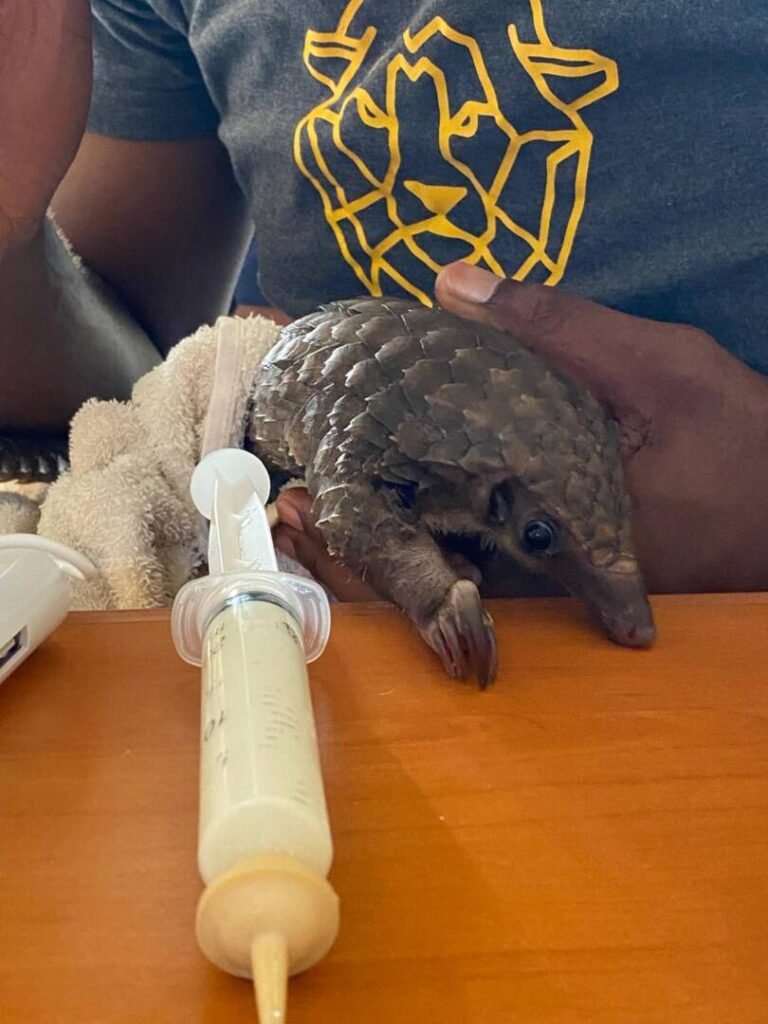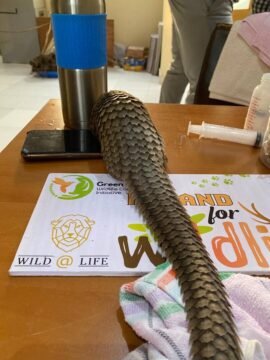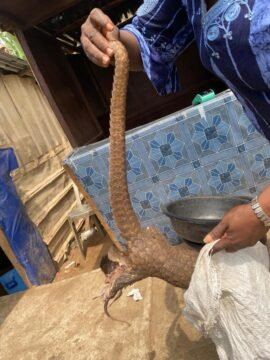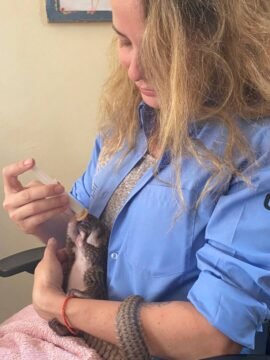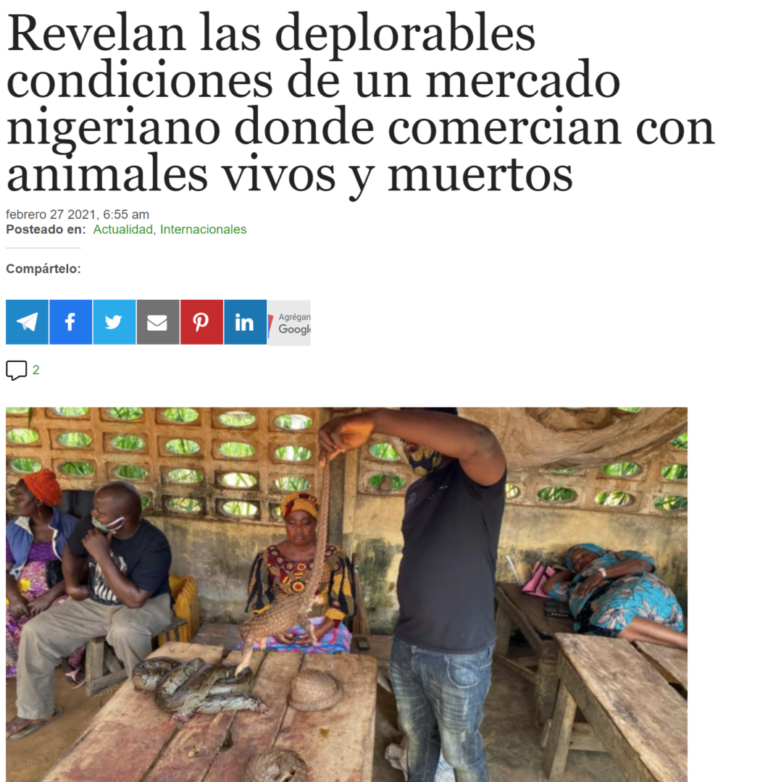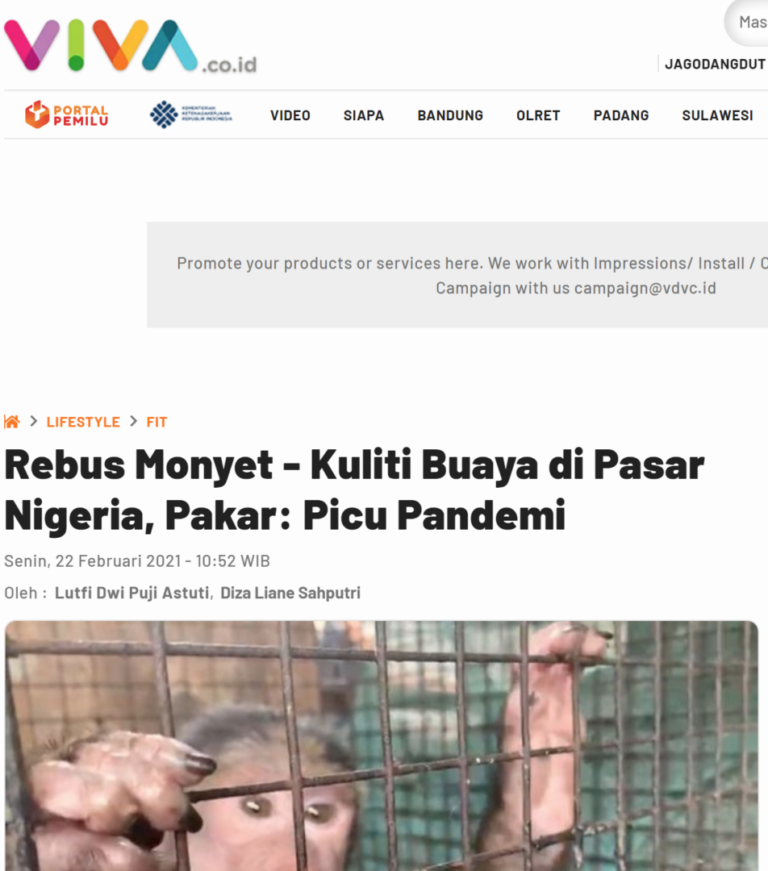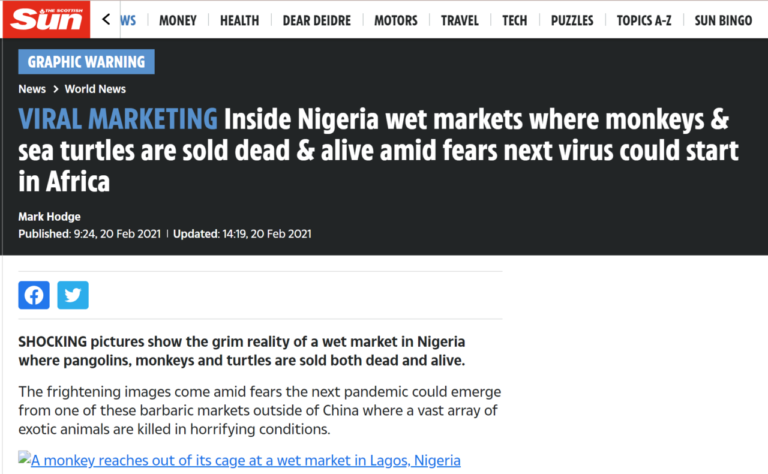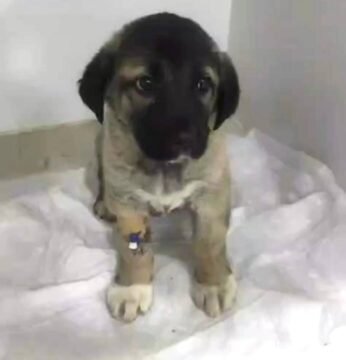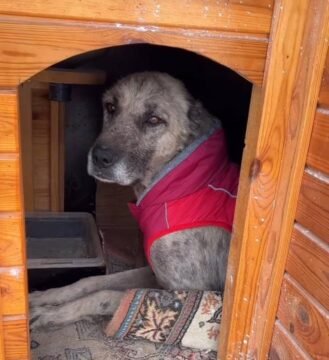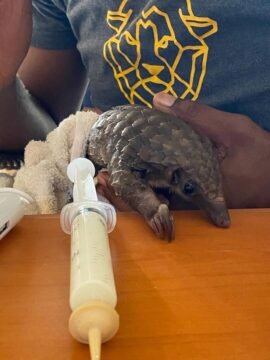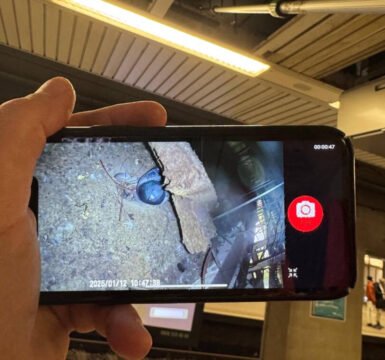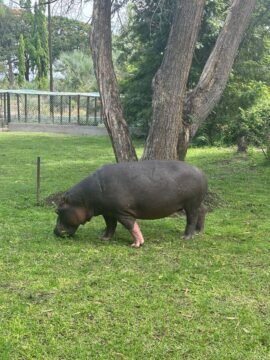The illegal wildlife trade in Nigeria is driven by a combination of demand for traditional medicine and food, as well as high-value species for the international trade in wildlife products. Nigeria’s porous borders and weak law enforcement result in a transit hub for illegal wildlife trade, with traffickers using Nigeria as a transit point. To combat this issue, Nigeria has enacted various laws but the implementation and enforcement of these laws remain a challenge.
Wild At Life Project
The Battle against Wildlife Trafficking and Wet Markets
Pangolins, primates, crocodiles, turtles, and dogs
Activity status: Ongoing
Area of Activity: Nigeria
Nigeria is a source, transit, and destination country for the illegal wildlife trade, with a significant volume of wildlife products trafficked both within the country and across international borders. Nigeria’s rich biodiversity and geographic location make it a key target for wildlife traffickers who smuggle a wide range of species, including elephants, pangolins, primates, and reptiles.
Pangolins are one of the most unique animals, known for being the only mammal with protective keratin scales covering their body. This keratin scale is used for traditional Asian medicine and actually does not hold any scientific or medicinal value. Nonetheless, targeted by poachers and traffickers, pangolins are considered the most trafficked mammal in the world despite the Convention on International Trade in Endangered Species (CITES) banning the international commercial trade of pangolin products.
Ecologically speaking, pangolins play a critical role in their ecosystems. They’re huge consumers of ants, termites and other insects. If they were to go extinct, local insect populations would explode by the trillions.
On our various inspections and undercover works, we witnessed an array of wild and endangered animals being abused and sold to the highest bidders. The species we witnessed were pangolins, sea turtles, bushbucks, Nile monitors, dwarf crocodiles, duikers, civets, genets, pottos, and monkeys, amongst many others. These animals were being trafficked and then slaughtered at such markets daily.
Whilst our teams continued vital research at the wet markets in Nigeria, we conducted the emergency rescue of:
- White Bellied Pangolins
- Ridley Sea Turtles
- Duikers
- Infant Baboons
Ton, the infant Baboon, was locked inside a small bird cage after being poached from the wild and his mother murdered. He had no hope of escape. Wild at Life e.V. couldn’t leave him at the wet market and joined forces with our local partners. Together we unlocked Ton’s cage and whisked him away to safety.
We have successfully rehabilitated the rescued pangolins back to the wild after being cared for at our partnering sanctuary in Lagos.
As the world reels from the COVID-19 pandemic, this tragedy is spotlighting how wildlife trade and habitat destruction threaten human health. It shows how urgently we need to change our relationship with nature.
Wet markets like Oluwo Fish Market located in Nigeria hold wild animals in open-air environments, close proximity, with little to no health and safety precautions or sanitation measures. They facilitate and heavily contribute to the practice of illicit wildlife trade and in turn, this practice can lead to the spread of zoonotic diseases. These markets enable the spread of diseases from animals to other animals and pose a threat to human health.
We must ban wet markets globally and stop illegal wildlife trafficking and poaching of animals. This is the only way to prevent future pandemics.
Most countries have a clear ban on consuming pangolins or wildlife for various purposes. But in Nigeria, consuming pangolins or other endangered animals for food or other purposes — is widely common. Wild at Life e.V. will continue to investigate wildlife trafficking and wet markets in order to stop poaching at the source. But to stop the demand requires the global collaboration of reduced demand and increased protection and a total ban on wet markets.
Update: February 16, 2025
This is an Emergency: Please Help Save Pangolins Today
Dear Friend of Wildlife,
One of our favorite animals here at Wild at Life is the pangolin. From the Giant pangolin in Central and South Africa to the small Sunda pangolin in Southeast Asia, there are eight incredible species total.World Pangolin Day, is a chance to recognize the impact of certain industries on these timid, scaly little friends. Pangolin scales are highly prized in the wildlife trade, making them the most heavily trafficked mammal in the world. And deforestation, one of our core issues, is directly tied to poaching, because massive corporations are bulldozing trees and setting them on fire to build palm oil plantations. Once cleared, they develop roads that create deeper and deeper access into the rainforest — leaving wildlife like pangolins extremely vulnerable to poaching, while also destroying their habitat.
Everything about the pangolin is special!

These ancient animals are almost unchanged for 70 million years. But, their most unique trait is also their biggest threat.
Pangolins are the only mammal with scales. This tough armour (made from keratin, like our fingernails) protects them from predators, even a lion. But these shy animals have no defence against humans. They’re powerless when ruthless poachers stuff them alive into a sack, to be sold on the black market.
They are also the only mammals in the world completely covered in scales. And they’re one more example of the precious biodiversity that’s at risk of disappearing forever if we can’t stop the waves of destruction that threaten their homes.
For 10 years, we’ve developed strategic campaigns that have helped connect the dots between the suppliers and producers doing the destruction. We’ve done the research that shows where the money goes, and who is insuring the dangerous projects that poison communities and puts ecosystems at risk. We’ve helped a lot of big names change their minds and change their tune about the harm they’ve caused. And we couldn’t do that work with donors like you.
And if you’re able to, please consider becoming our newest supporter.
There is a sickening illegal trade in pangolin scales – used in traditional Asian medicine – and meat:

⭕ More than one million brutally killed (many boiled alive) in past decade
⭕ Thought to be the world’s most heavily trafficked mammal
⭕ At least 400 fall victim to poachers each and every day
Endangered pangolins rely on tropical forests for food, water, and shelter. But greedy corporations are tearing forests down to convert them into plantations, and to turn a quick profit. And species, like the Sunda pangolin, are disappearing so fast it’s terrifying to think there could be a future without them.
We’re here to make sure that never happens. Thanks so much for your generous support!

For people, the planet, and pangolins,
wanted to tell you about our urgent new appeal to save these rare and gentle creatures.
Your gift could help:
✔️ Fight rampant wildlife crime and stop illegal trade
✔️ Rescue orphans and give good food and 24/7 care
✔️ Stop poachers and keep pangolins safe in the wild
Want to see our rescues in action?
Check out our Nigerian Pangolin Project, where we share updates on our ongoing efforts to save, rehabilitate, and release these incredible animals.
Nigerian Project
All eight species of pangolins are under threat. But we CAN’T let them go extinct due to senseless human greed! Your gift today could help stop the cruelty.
Without urgent action, these beautiful, mysterious animals could disappear before many people are aware they exist. Please donate today, before it’s too late.
Together, let’s save the pangolin!
Update: January 10, 2023
Nigerian Wet Market – Published by ZDF
Wild at Life e.V. feels incredibly honoured to have been featured in ZDF. We hope that this exposure will help to raise awareness about the bushmeat and wet market industries that exist in some parts of our world. By shedding light on these important issues, we hope to encourage more people to take action towards promoting sustainable and ethical practices, and ultimately contribute to a healthier, more compassionate planet. The narration of the video is in German.
Update: March 17, 2021
Nigerian Wet Market – Published by ITV News at Ten
The article discusses the ongoing debate around the role of wet markets in the emergence and spread of zoonotic diseases. It highlights that many wet markets across the world, such as those in China and Nigeria, continue to operate with minimal regulation, and the conditions inside them could facilitate the spread of viruses between species, leading to the emergence of new deadly diseases. The article also points out that wet markets serve as an important source of food for many people in developing countries, and calls for a balance between cultural traditions and public health concerns. Finally, it highlights the need for global collaboration to improve regulations, enhance surveillance, and reduce the risk of future pandemics.
Update: February 27, 2021
Nigerian Wet Market – Published by lapatilla
lapatilla reports that wild animals, both alive and dead, are being sold in deplorable sanitary conditions in a wet market in Lagos. And emphasised that all animals are infected with something, and only some are infectious to humans. Having many animals in the same space and in close contact with each other increases the likelihood of diseases arising in people. The article is in Spanish.
Update: February 22, 2021
Nigerian Wet Market – Published by Viva
Viva talks about the sale of boiled monkeys and crocodiles in these markets, which may pose a risk for the transmission of diseases to humans. The article is in Bahasa Indonesia.
Update: February 21, 2021
Nigerian Wet Market – Published by news.de
news.de discusses the conditions in wet markets in Nigeria where exotic animals such as pangolins, monkeys, and turtles are sold dead or alive. The footage and images from the markets show that animals are kept in filthy cages and sometimes boiled alive or killed in unsanitary conditions. The article is in German.
Update: February 21, 2021
Nigerian Wet Market – Published by ET Today
ET Today reports on the efforts of Wild at Life e.V. to rescue pangolins, sea turtles, antelopes, baboons, crocodiles, and other animals from the Oluwu fresh market in Nigeria where they were being slaughtered and sold for food. The article cites concerns from experts that the close contact between humans and wild animals in these markets increases the risk of zoonotic diseases being transmitted to humans, as was seen with the COVID-19 pandemic. The article also highlights the illegal trade of pangolin scales for use in traditional Chinese medicine, with Nigeria being a major supplier of smuggled pangolins, stressing the need for government and international action to stop the trade in wild animals and prevent the spread of zoonotic diseases. The article is in Traditional Chinese.
Update: February 20, 2021
Nigerian Wet Market – Published by Daily Star
Daily Star provides a glimpse into the Nigerian wet markets, which are known for selling various wild animals, including endangered species. It also highlights the rampant illegal wildlife trade in Nigeria, with pangolins, turtles, and primates being among the most commonly traded animals. The article is in English.
Update: February 20, 2021
Nigerian Wet Market – Published by The Scottish Sun
The Scottish Sun published an article depicting the horrible scenes found at Oluwo Fish Market, Nigeria, where animals are skinned and boiled alive. Not only is this cruel, but many are concerned that this could be a breeding ground for bacteria, which could pose a significant threat to public health and spark a new pandemic. The article is in English.
Update: February 20, 2021
Nigerian Wet Market – Published by MKRU
MKRU reports on the unsanitary conditions of a wet market in Lagos, Nigeria, where both dead and live wild animals can be found. Market workers do not disinfect – let alone clean – surfaces or tools, and do not wear personal protective equipment and gloves. Furthermore, these wild/stray animals sold for consumption or to be part of the black market are more often than not abused, or killed in inhumane ways. The article is in Russian.
Update: February 19, 2021
Nigerian Wet Market – Published by DailyMail
This article from Daily Mail reports on the deplorable conditions in wet markets in Lagos, Nigeria where a wide variety of wild animals, both alive and dead, are being sold in unsanitary conditions. The market raises concerns that the next pandemic could come from Africa. The article is in English.
Update: February 19, 2021
Nigerian Wet Market – Published by Semana
Semana talks about the dangers of wet markets, and how past known pandemics and diseases originated from animals before infecting humans. The article is in Spanish.
Update: February 19, 2021
Nigerian Wet Market – Published by Express Digest
In this article, Express Digest discusses the origin of HIV, the outbreak of COVID-19, and how wet markets in Nigeria are as deadly. The article is in English.
Update: February 19, 2021
Nigerian Wet Market – Published by Big World Tale
Big World Tale wrote a piece on cruelty seen in Nigerian wet markets and the dangers they possess to the human population. The article is in English.
This project is carried out in the following activity areas
Spread the news!
Help us increasing social commitment in saving endangered wild species. Express your support by sharing this article in your favorite social media channel.
Facebook
Twitter
LinkedIn
Pinterest
WhatsApp
Email
Most recent news
News
March 12, 2025
Gulizar, our latest rescue, is just a few months old and weighs only 6kg. She has endured unimaginable cruelty—raped repeatedly and left in critical condition. The moment we learned about her, we acted fast, sending someone to rescue her and
Project update
March 12, 2025
This week, Turkey implemented a new law imposing severe restrictions on pet ownership, making it nearly impossible for citizens to adopt stray animals. Under this regulation, individuals living in older buildings (with 5 to 15 apartments) can only adopt if
Project update
February 16, 2025
Dear Friend of Wildlife, One of our favorite animals here at Wild at Life is the pangolin. From the Giant pangolin in Central and South Africa to the small Sunda pangolin in Southeast Asia, there are eight incredible species total.World
News
February 12, 2025
Some like them. Others hate them: Pigeons. It is important to find a reasonable mean and to give these animals what they are entitled to without a doubt: Respect. Respect for a life.The pigeons in Frankfurt are doing badly as
Project update
February 12, 2025
Remember Sox, the hippo who considers himself an honorary member of our Livingstone elephant herd? Sox is always coming and going, sometimes wandering on his own and other times joining the herd to play and relax. He’s part of the
Project update
December 20, 2024
Marine Turtles are a successful group of animals that have witnessed the rise and fall of the dinosaurs. They have inhabited the earth for over 100 million years and survived in huge numbers until the recent past. They have evolved
Stay informed!
Subscribe to our newsletter to keep up to date with our activities!
By subscribing you consent to our Privacy Policy






